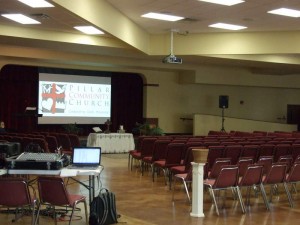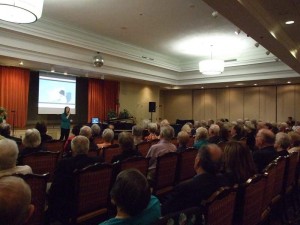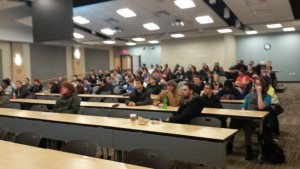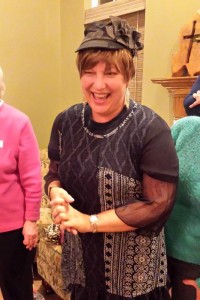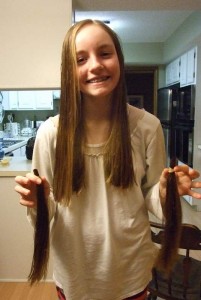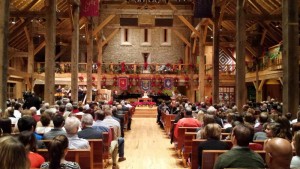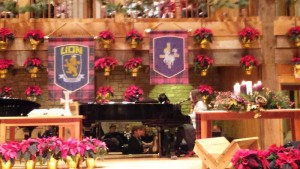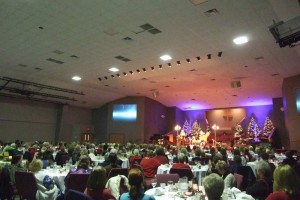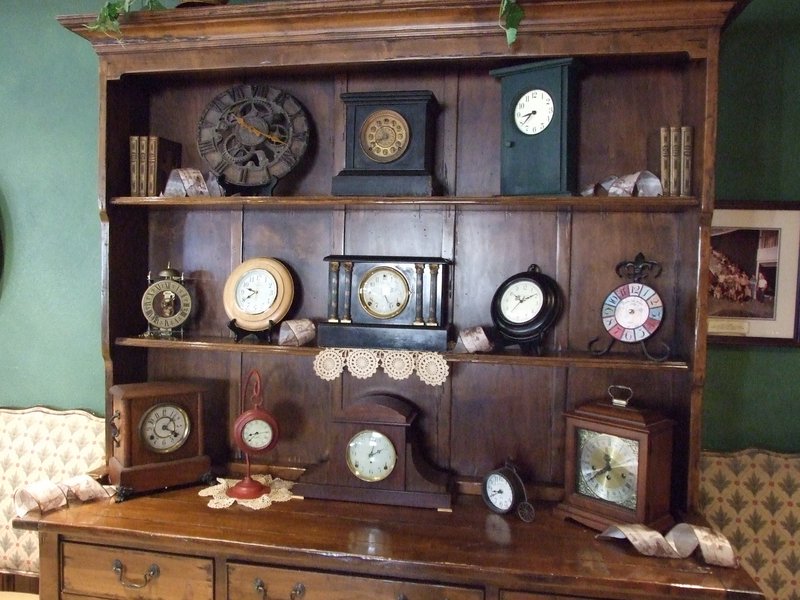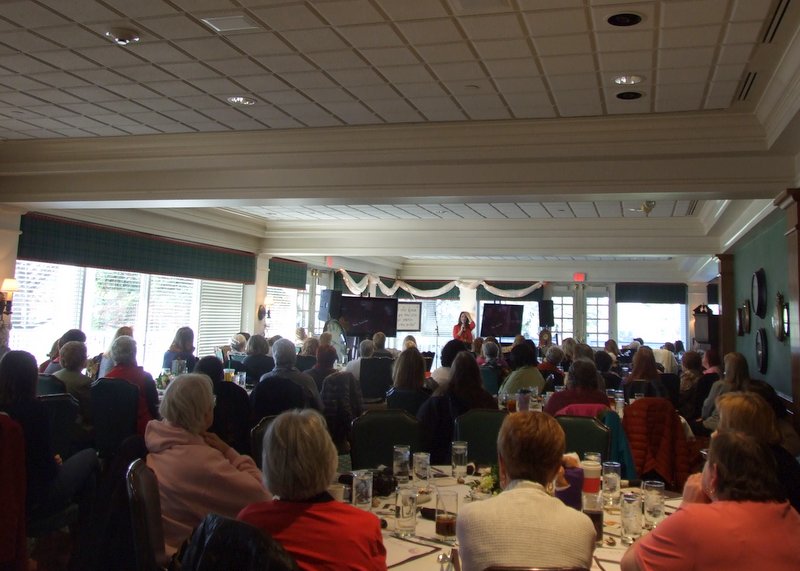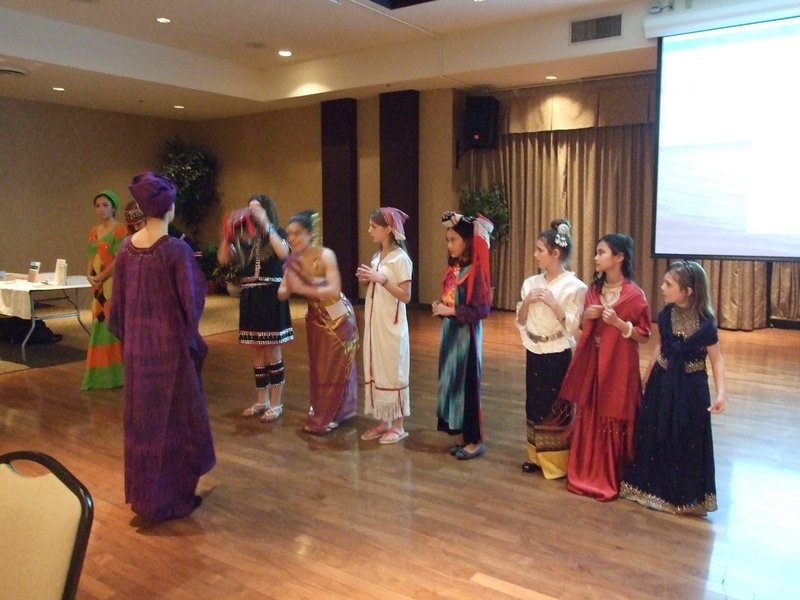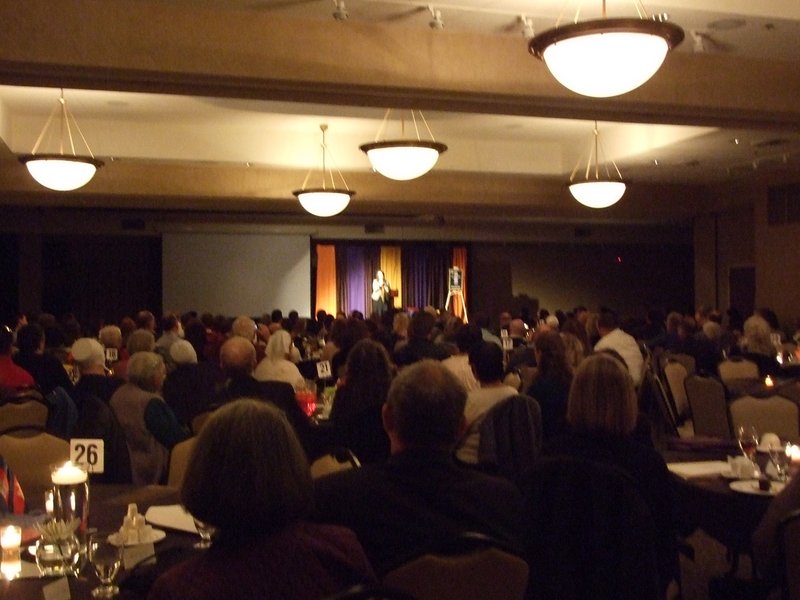
At Alvin and Joel’s house (Alvin in the purple) with his mom and Joel’s teacher and the other boys who work with him
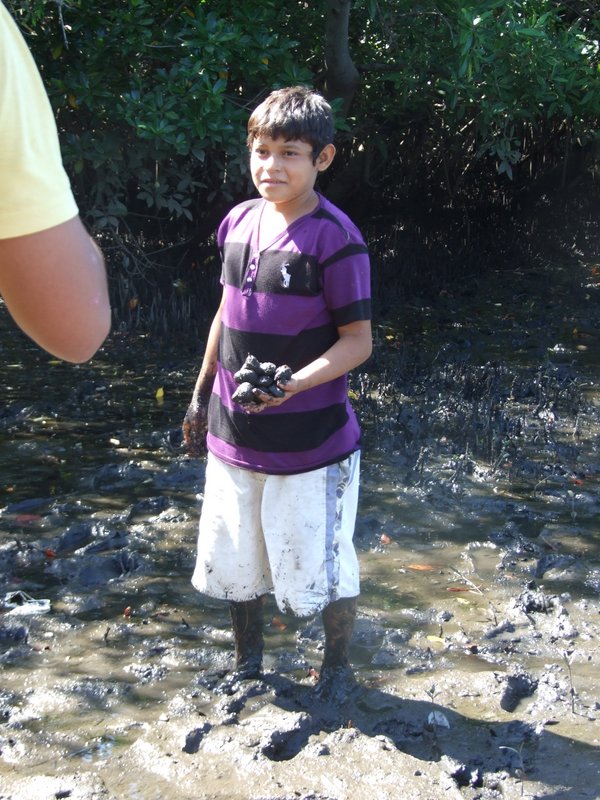
Alvin showing us some of the first mussels he found
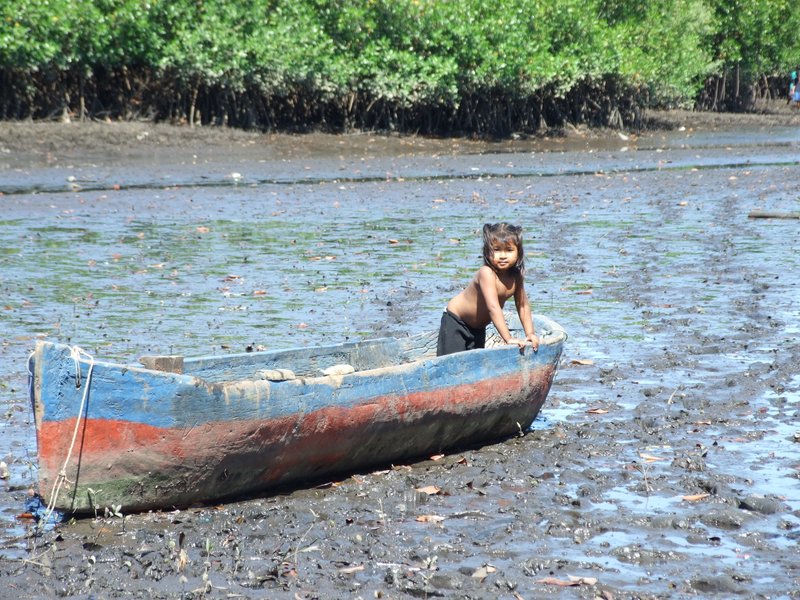
The neighbor girl playing in a boat on the mud flats waiting for the boys to return
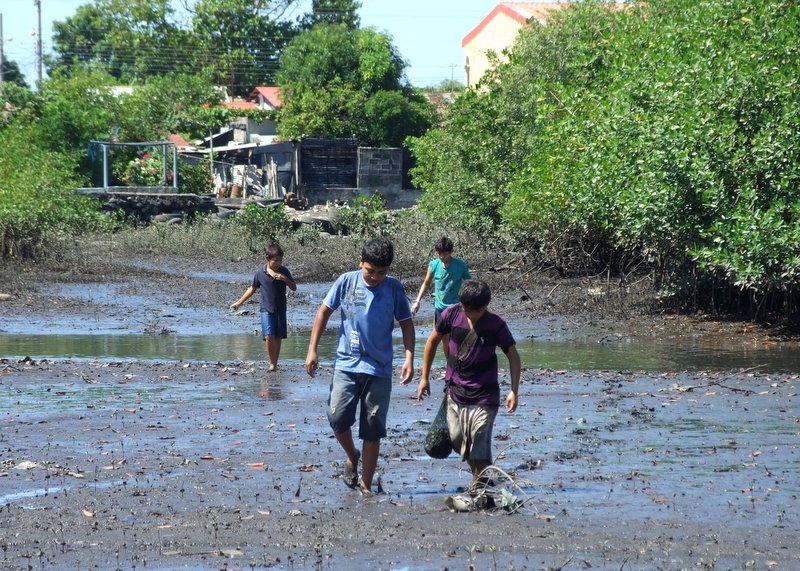
The boys coming back after several hours of working – you can tell it was a bad day because Alvin only has half a bag of mussels for the four of them
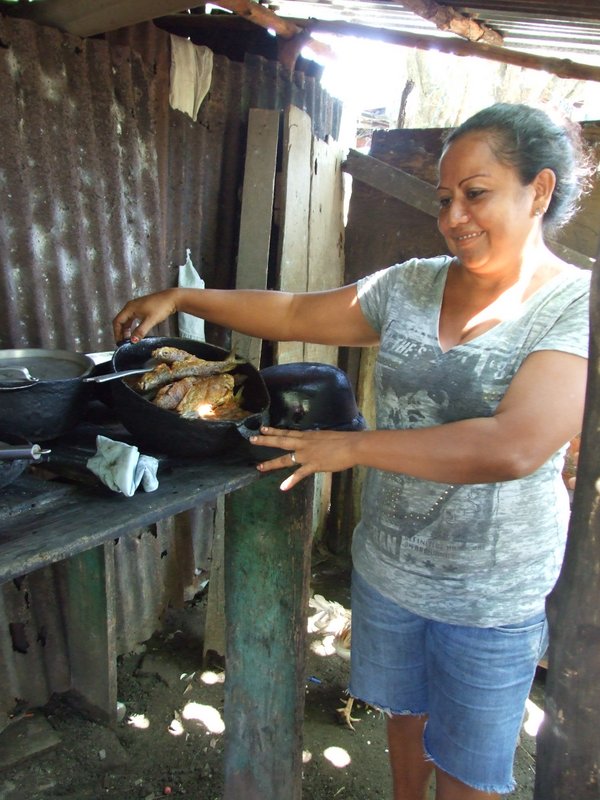
One of the neighbors showing her fish for the day
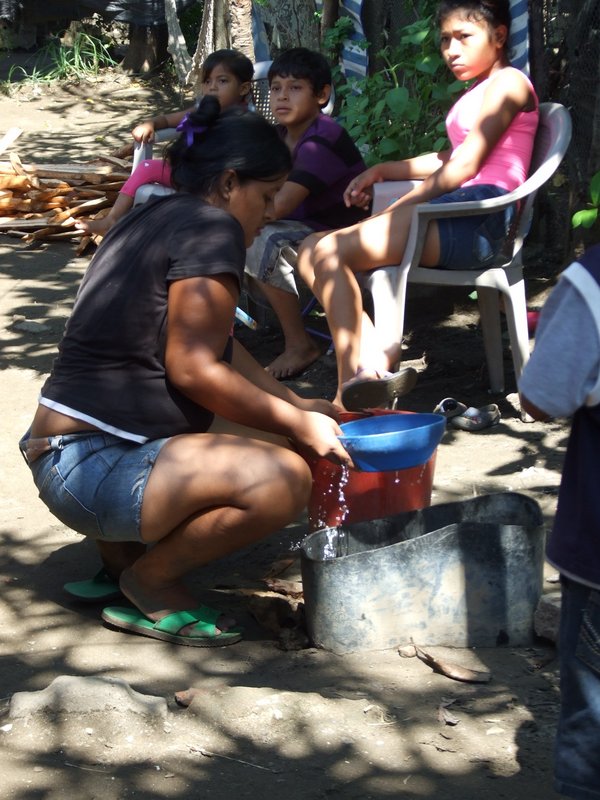
The mom from our first home visit here getting water from her neighbor’s – her house has no water, and this water is not safe for drinking but they share with each other
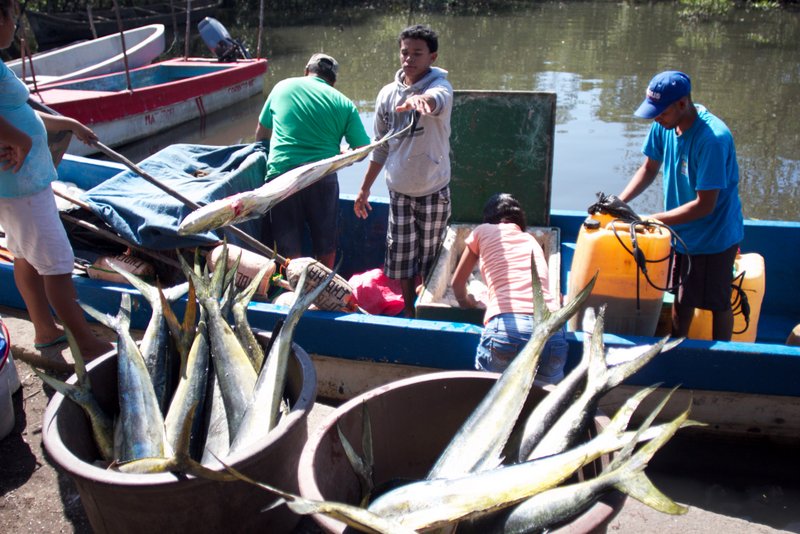
The fishing boats coming in where the mom from our home visit works – she can gut up to 250 pounds of fish by herself in a day
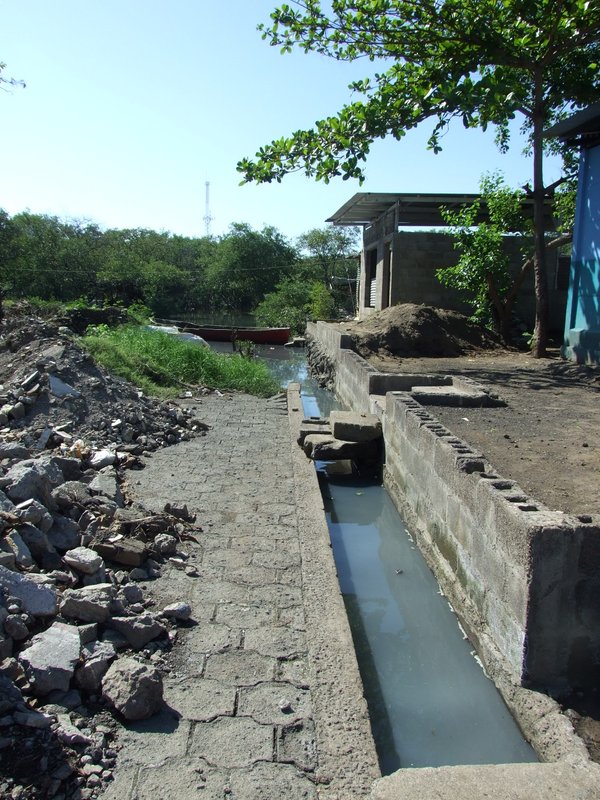
Now as the tide is coming in, you can see how this sewer empties right into the water behind their homes
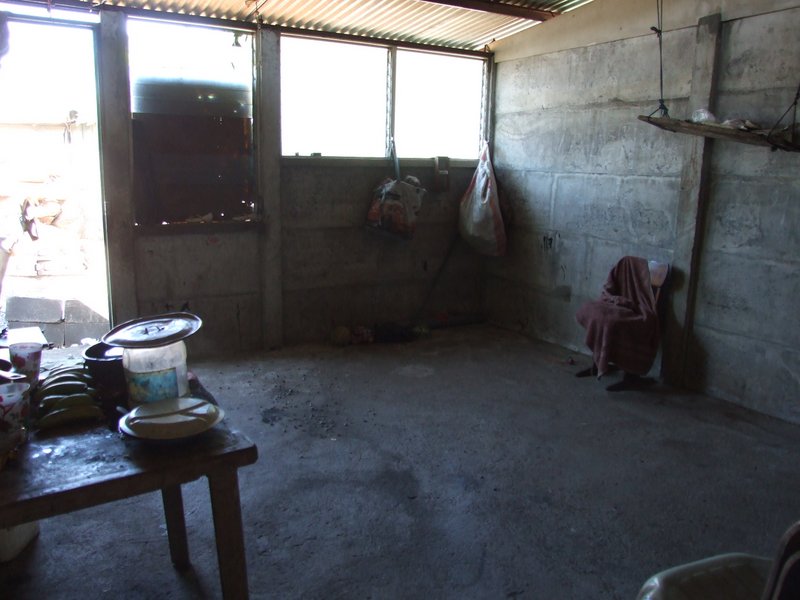
Milagro’s home – one of the nicest we saw because it had a floor and concrete walls
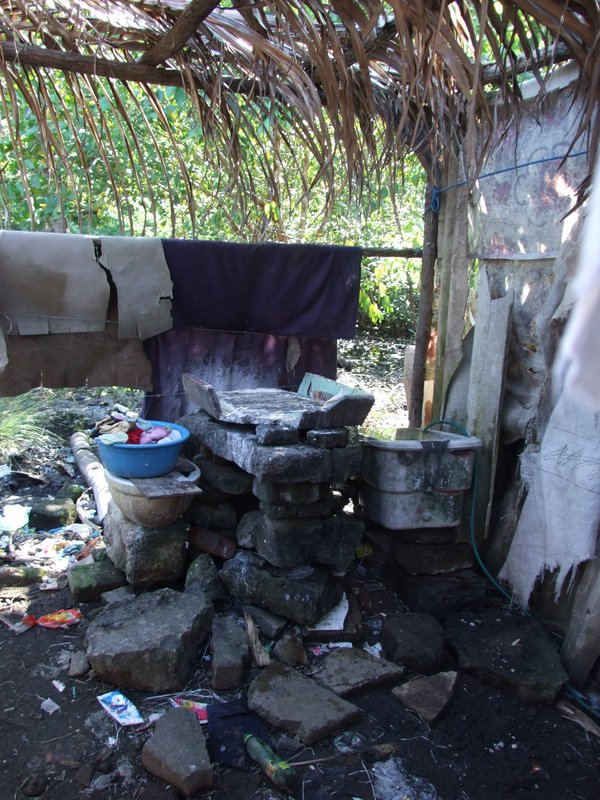
The washroom and bathroom at Milagro’s house
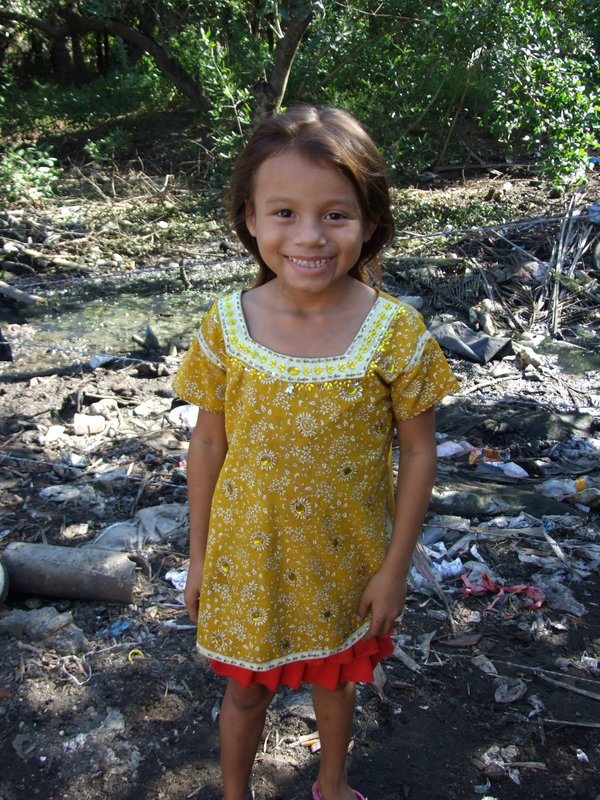
Milagro looking so pretty in her backyard – you can see the trash and barbed wire brought in with every heavy rain
To view larger images of the pictures, just click on them.
Our last full day, we spent the entire morning and early afternoon with one family, just doing what they do all day. We were split into groups again, one going with the men to cut wood, one group staying with a family who would help bring the catch in and process the fish, and our group going to a home where we would be “collecting sea shells.” You can imagine when they announced that one on the bus! Compared to chopping wood and gutting fish, sea shells was sounding pretty awesome! We had many invitations to switch with other people! When we got there, though, it certainly wasn’t what we were expecting.
We ended up at the next door neighbor to the house we had visited the day before. That was interesting because when the mom from that house saw us, she came with us and spent the whole morning with us. We had brought her a few things like soap and towels, and she wanted to thank us, but in the end, I think she just wanted to understand why we were there and why we had come to see them.
The family from this day had three children. Their son, Joel, was in the program (and in the pastor’s wife’s class – she was so proud!!). They had a baby who was too young, but they were planning to put him in when he got old enough, and an older son named Alvin who was not in the program. When we asked the mom why, she said she needed him to collect shells, so he was not able to go to school or be in the program. She looked a little embarrassed, but I don’t know where dad was, and she obviously couldn’t do it without her son. It made me so sad. He was such a cool kid, too, 15 years old and a very hard worker who clearly loved his mom and family.
He took us down to where he collected shells. We were picturing a sandy beach (we were right on the Pacific, remember) but it was actually the mud flats we’d seen the day before where the sewage was draining. We realized he was collecting mussels not just shells, which made so much more sense, and would sell them at the market, 12 for forty cents. We had a dilemma because he was wading calf deep in this mud and feeling around under the banyans, well past his wrists in the mud to find these mussels. Since we knew it was contaminated and also that there were scorpions under the banyan trees, we didn’t feel safe doing this – waterborne illnesses can be really nasty and our bodies would never have been exposed to anything like that. We went with them, but we really couldn’t participate, and I felt terrible. Our translator explained, but it still felt bad. They seemed happy just to talk with us while the kids hunted, though – I hope it was okay.
Alvin and four other boys went looking. We talked to Alvin’s mom and also the mom from the other day for a long time, and when the boys finally returned, they told us it was a very bad day. The four of them had gotten about a half bag of shells. They were large, but that didn’t make any difference to the price they got for them. On a good day, they would all get at least half a bag.
We went back to their house, and then Alvin’s mom took us to the fishing pier where she worked. While Alvin looks for shells, she guts fish for the fisherman. She is paid in fish which they can eat and she can sell at the market. She works with three other women, and on a good day, together they process 1000 pounds of fish. A bad day is more like 400 pounds. This woman will gut 250 pounds of fish herself on a good day and then have to turn around and take her portion to the market to sell it to make a few dollars to buy food to come home and cook it for her family and turn around and do it the next day all over again. Again, these people work incredibly hard, it blew my mind!
We went back to their house and shared lunch with them and met Alvin and Joel’s grandmother who was a hoot! We stayed and prayed with them for quite a while and gave them some gifts also of food and soap and towels. I am praying that now that Joel is in the program, maybe some of the pressure will lift and Alvin may be allowed to go to school. Culturally, if one child can get an education like Joel, they will help their whole family, so at least they have that here.
We had time to stop at Milagro’s house. She was so excited we had come! She had been very shy the day before, but now that she had had time to think about what we had said and had looked at the pictures and card that Donna sent her about her family, she was like a different kid. Her house was nicer than many, with a cement floor and walls which would hold up better in an earthquake. They had almost no belongings, though, and their backyard where they bathed and washed their dishes was literally the sewer for the neighborhood and full of trash and barbed wire. Her dad said that he and his neighbors had recently tried to dig a trench to get it to drain better, but it had washed out in the next rainstorm, and they didn’t know what else to do.
We gave Milagro a present that Donna had sent. It had art supplies and toothbrushes and soap and hair ribbons and a brush and candy and all kinds of things she would like and could use. She liked that stuff, but it was nothing next to the most important thing Donna could have sent apparently – a doll! Her eyes got so big when she saw that doll, and she snatched it right out of the box and wouldn’t stop hugging it. I asked her what she was going to name the doll, and without missing a beat she looked at me and said, “What is my sponsor’s name again?” and I said, “Donna” and she said immediately, “Her name is Donna.” It made me cry! And if you’ve met Donna, you know that she was bawling!
It was a good way to end the trip. Nathan and I both said this was the longest, shortest trip we’ve ever taken. For some reason, this one was just grueling. It is always so hard to see people living in terrible poverty, but these people were trying so hard and just needed some support. We are to be the hands and feet of Christ, and I was so encouraged to see the Church able to be the Church here! There is still so much more to do, though, and I am left with a fire to share and to help, and praying for wisdom about how to communicate all we’ve seen!
We have so much in the US. We don’t have any idea how good we have it. And there’s so much we can do to help. It’s not just throwing money at the problem – it’s addressing the issue of poverty in a way that makes sense with all the complexities that are present. Compassion is seeking to address poverty from all angles – economic, social, emotional, and spiritual. They are giving people hope in the name of Christ, an education and a future, while supporting their physical and emotional needs today.
I was so impressed with everything I saw. It was hard to see, but I also saw the hope and the progress. I’m proud to be sponsoring children through Compassion, and I know that God is using them all around the world. Will you join me? If you’d like to sponsor, feel free to email me at info@jennifershaw.com and we will set you up, or you can contact Compassion directly through the link below and tell them I sent you. 🙂
To sponsor a child today, please visit Compassion following this link!

